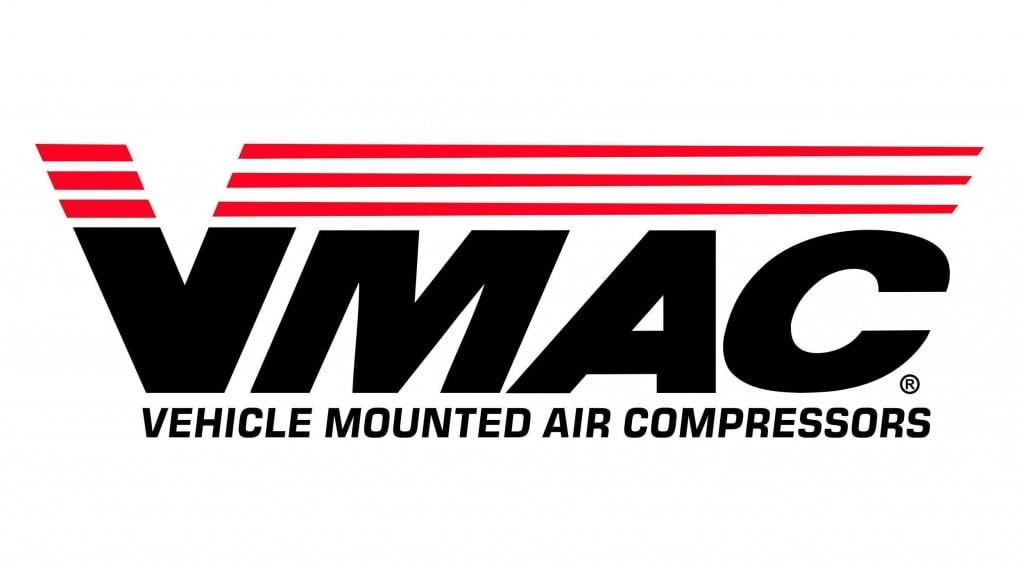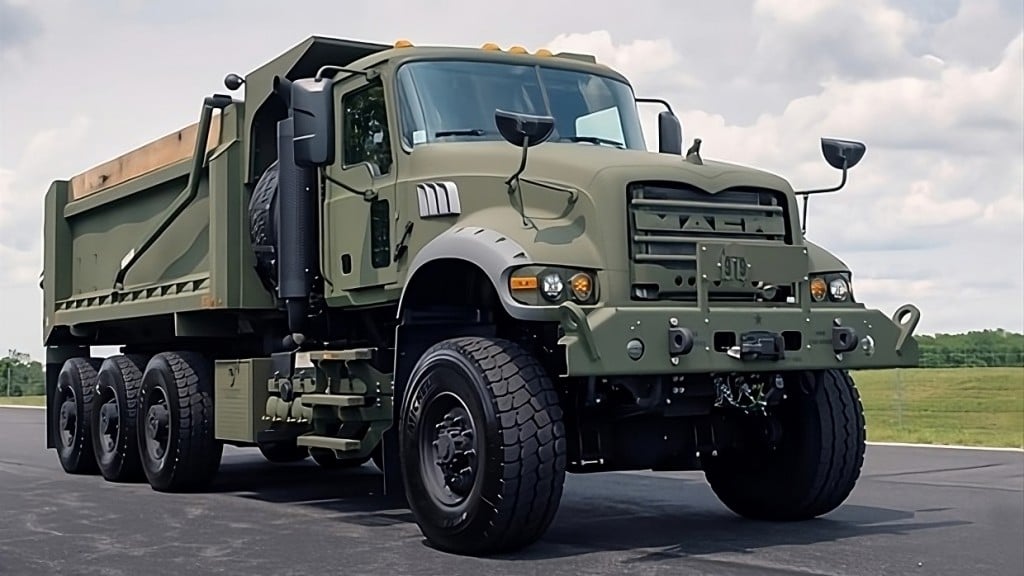5 things to know when buying hydraulic air compressors for service trucks

The right hydraulic air compressor can improve productivity, efficiency, and profitability, but it's an investment that takes careful consideration. In this article, we break down the top 5 things you need to know when buying hydraulic air compressors for service trucks.
5. HOW MUCH AIR DO YOU NEED?
Every air compressor purchase should start with the same essential questions:
- What are you using the air compressor for?
- How much CFM do you need?
Hydraulic air compressors for service trucks range from 30 CFM to 185 CFM, which is a substantial range of air. Most operators only need 30 to 60 CFM at 100% duty cycle, but it entirely depends on what the air is being used for.tvmac logo
Take a look at what VMAC's hydraulic air compressors can power in the chart above.
As a general rule, air compressors get larger, heavier, and more expensive as the CFM increases. Therefore, operators looking for a hydraulic air compressor should choose a high-quality air compressor that meets their maximum CFM needs, without greatly exceeding it.
You can find out your air requirements with our handy Air Tool Consumption Guide.
4. DO YOU REALLY NEED A HYDRAULIC AIR COMPRESSOR?
Many operators assume that a service truck with a hydraulic crane should also have a hydraulic air compressor. However, that's not always the case!
There's no real wrong type of air compressor—assuming you have the appropriate power source and it meets your needs—but sometimes non-hydraulic air compressors make more sense for certain applications and vehicles.
For example, operators who want to operate their crane and air compressor simultaneously might need a non-hydraulic air compressor because many service trucks don't have the capabilities required for operating more than one piece of hydraulic equipment at a time. In this scenario, an UNDERHOOD™ air compressor would be a better choice.
A hydraulic air compressor is a great bet for service trucks with existing hydraulics in one of two scenarios:
- The hydraulic crane and air compressor are operated at separate times
- The vehicle's hydraulic system can handle dual operation
Otherwise, a different type of air compressor may be the smart choice!
3. DO YOU WANT A ROTARY SCREW HYDRAULIC AIR COMPRESSOR?
Once you know your specific needs, it's time to learn more about individual air compressors. There are two primary types of mobile air compressors: rotary screw and reciprocating. While both types of air compressors will compress air, that's where their similarities end.
The most obvious benefit of rotary screw air compressors is the ability to run at 100% duty cycle. By contrast, reciprocating air compressors require a large air tank that must be filled up before starting a job and will routinely run out of air. Filling an air tank typically takes several minutes, which can feel frustratingly close to eternity when an operator is standing around and waiting to work.
Check out our Easy Guide to Rotary Screw Air Compressors to learn more about rotary screw systems, including advantages and disadvantages.
Take a look at the 3 most prominent hydraulic air compressor brands in North America below:
2. WHAT IS THE WEIGHT & SIZE OF POTENTIAL HYDRAULIC AIR COMPRESSORS?
By now, you should know with confidence what your air demand needs are and whether a rotary screw hydraulic air compressor is a priority for you. The next step is to start narrowing down your options to find the best air compressor.
One of the biggest differentiators between hydraulic air compressor brands is their weight and size. There are numerous benefits to air compressors that are smaller and lighter weight but not all manufacturers have the innovation and capability to produce powerful air compressors that are also compact.
Benefits of lower weight:
- Reduce GVW
- Downgrade vehicle class
- Improve fuel efficiency
Benefits of reduced size:
- More space for other equipment & tools
- Improved visibility
- Sleek, sophisticated look
1. WHAT CONTROL SYSTEM FEATURES ARE AVAILABLE?
When looking at hydraulic air compressors for service trucks, it's easy to overlook the controls. Yet, you will interact with these controls every time you use your air compressor. First and foremost, you'll want to ensure the controls are easy to access and use.
Next, you should check which features are included with the controls. Some hydraulic air compressors have very simple controls with only an on/off switch, while others utilize more advanced controls with LED displays.
Basic control systems will display:
- Temperature
- Pressure
- Machine Hours
More sophisticated control systems have features that go beyond the display box and can help protect the air compressor and extend its life. Examples include:
- Error Messages
- Service Reminders
- Standby mode
- Automatic cold climate protection
- Automatic system warm up
SUMMING IT ALL UP
There are a lot of things to consider when buying hydraulic air compressors, but you'll be well equipped to make a smart purchase if you:
- Know your CFM requirements
- Confirm you need a hydraulic air compressor
- Understand the implications of size and weight
- Know the advantages of rotary screw air compressors
- Research control system features
For additional questions and information about hydraulic air compressors, talk to your local VMAC dealer.



